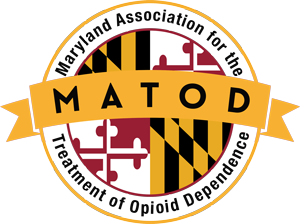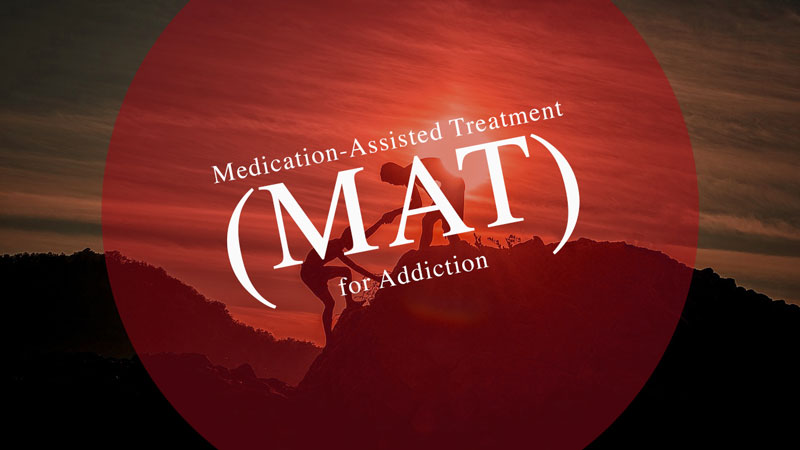Lessons Learned: The Value of OTP Services
Dr. John C. Ball and his associates, in the article Reducing the Risk of AIDS through Methadone Maintenance Treatment, published in the 1988 Journal of Health and Social Behavior, cited two findings from a three-year NIDA-funded study of six methadone treatment programs in three Eastern cities that addressed program effectiveness:
“Although we had anticipated that there would be minor variations in outcome due to program differences, we thought that the dominant influence upon treatment success would be patients’ characteristics, such as length of addiction, employment history, prior criminality and severity of psychiatric symptoms. This expectation was not substantiated by the research findings; instead we found program treatment variables to be of paramount importance in reducing IV usage. (7)
It is a major finding that some methadone maintenance programs are markedly more effective than others in reducing IV drug use and needle sharing among their patients because these differences in treatment outcome are related to definite program variables. The more effective programs have high patient retention rates (especially long-term retention rates), high rates of scheduled attendance, a close, consistent and enduring relationship between staff and patients, and year-to-year stability of treatment staff. Conversely, the less- effective programs are characterized by poor patient attendance, inadequate methadone medication, and high rates of staff turnover. Effective and ineffective programs, however, did not differ with regard to patient characteristics.”
The conclusion here is that the program characteristics are more important in determining patient outcome than pre-treatment patient characteristics. These findings had a major impact on how federal authorities would provide guidance to OTPs, and they are equally applicable to DATA 2000 practices.
Lessons Learned in Favor of Clinical Support Services
The recent update of the Principles of Drug Addiction Treatment from the National Institute on Drug Abuse (NIDA) underscores the point that medications are an important element of treatment for many patients, especially when combined with counseling and other behavioral therapies. NIDA further emphasized this point in its statement that “effective treatment attends to multiple needs of the individual, not just his or her drug abuse. To be effective, treatment must address the individual’s drug abuse and any associated medical, psychological, social, vocational, and legal problems.” (8) NIDA also noted,
“Many drug addicted individuals also have other mental disorders. Because drug abuse and addictions – both of which are mental disorders – often co- occur with other mental illnesses, patients presenting with one condition should be assessed for the other(s). And when these problems co-occur, treatment should address both (or all), including the use of medications as appropriate.” (9)




Leave a Reply